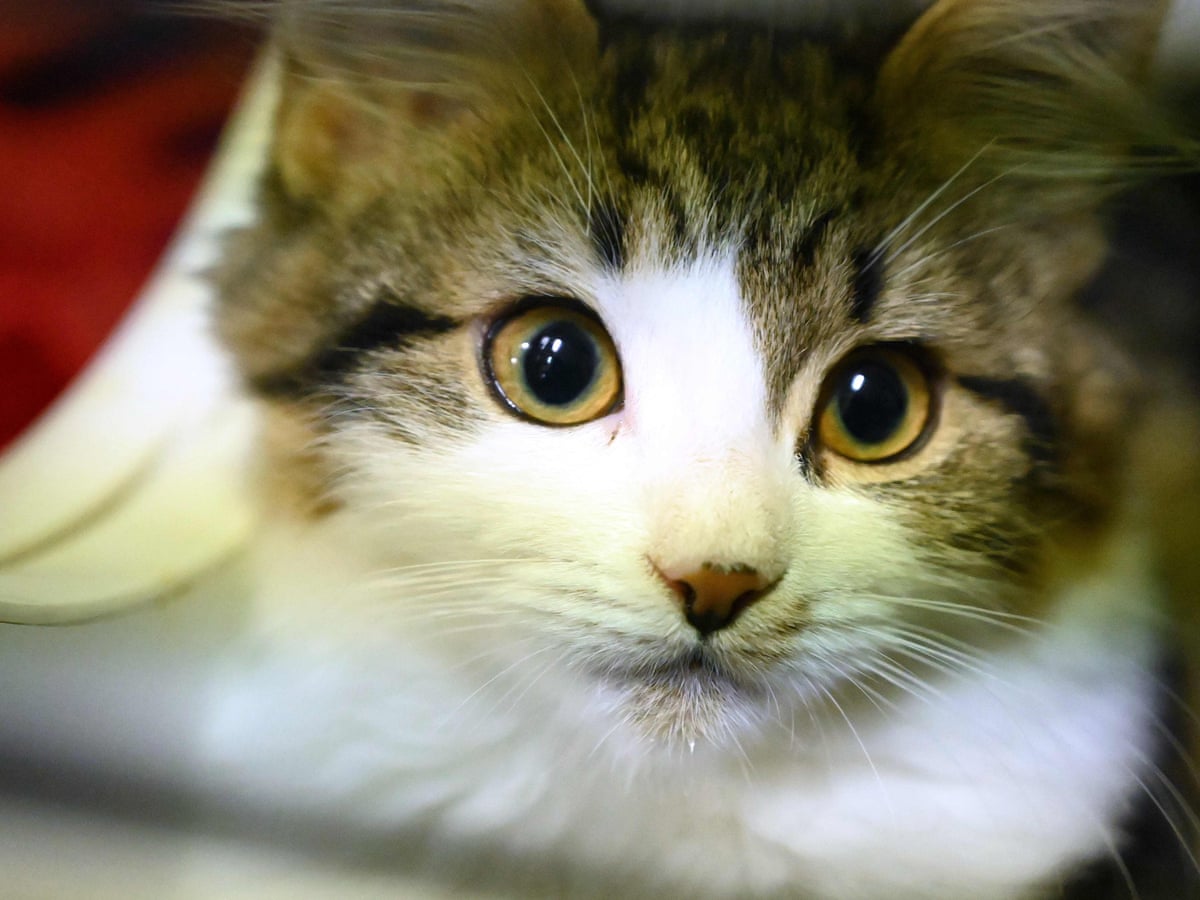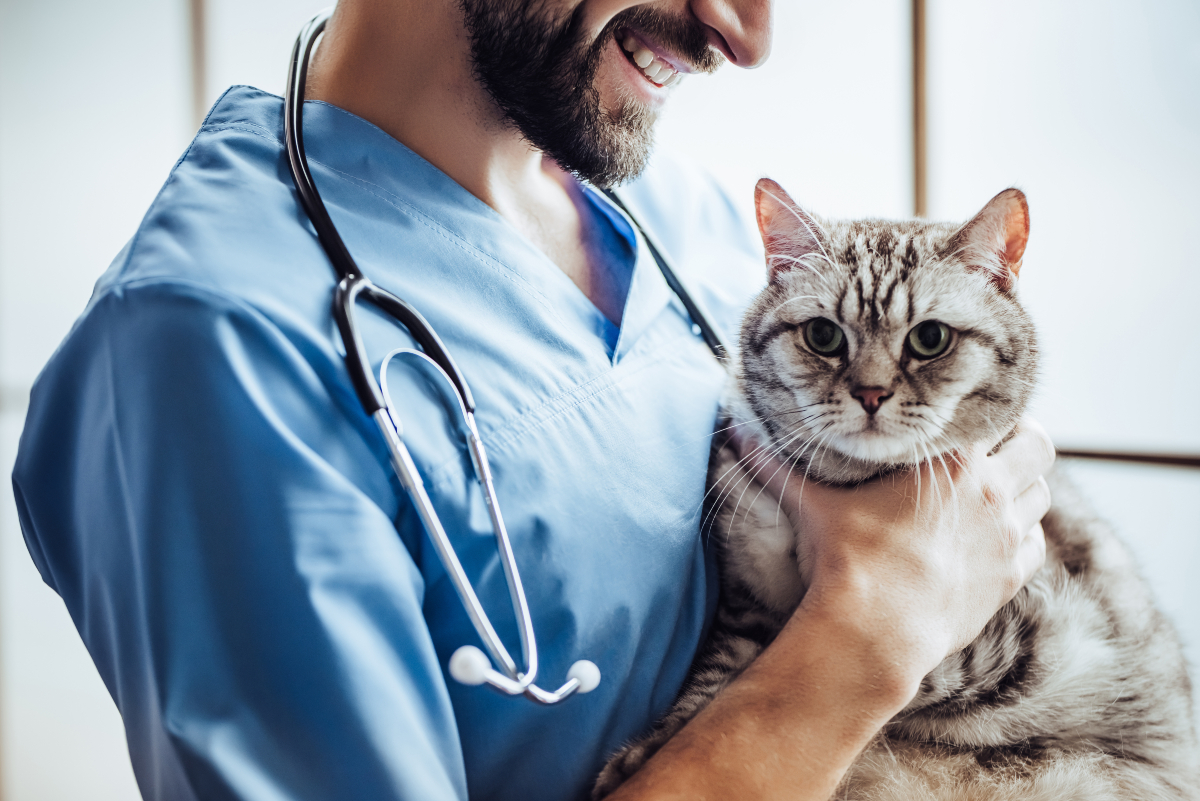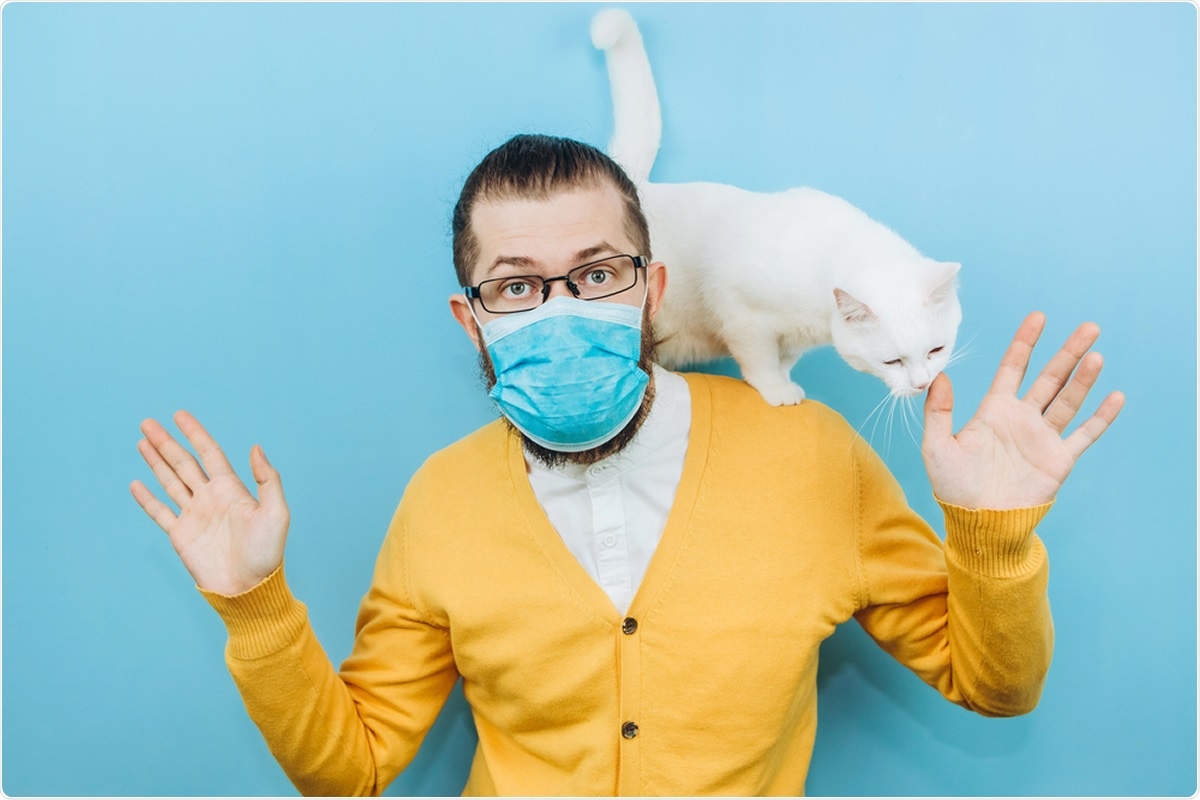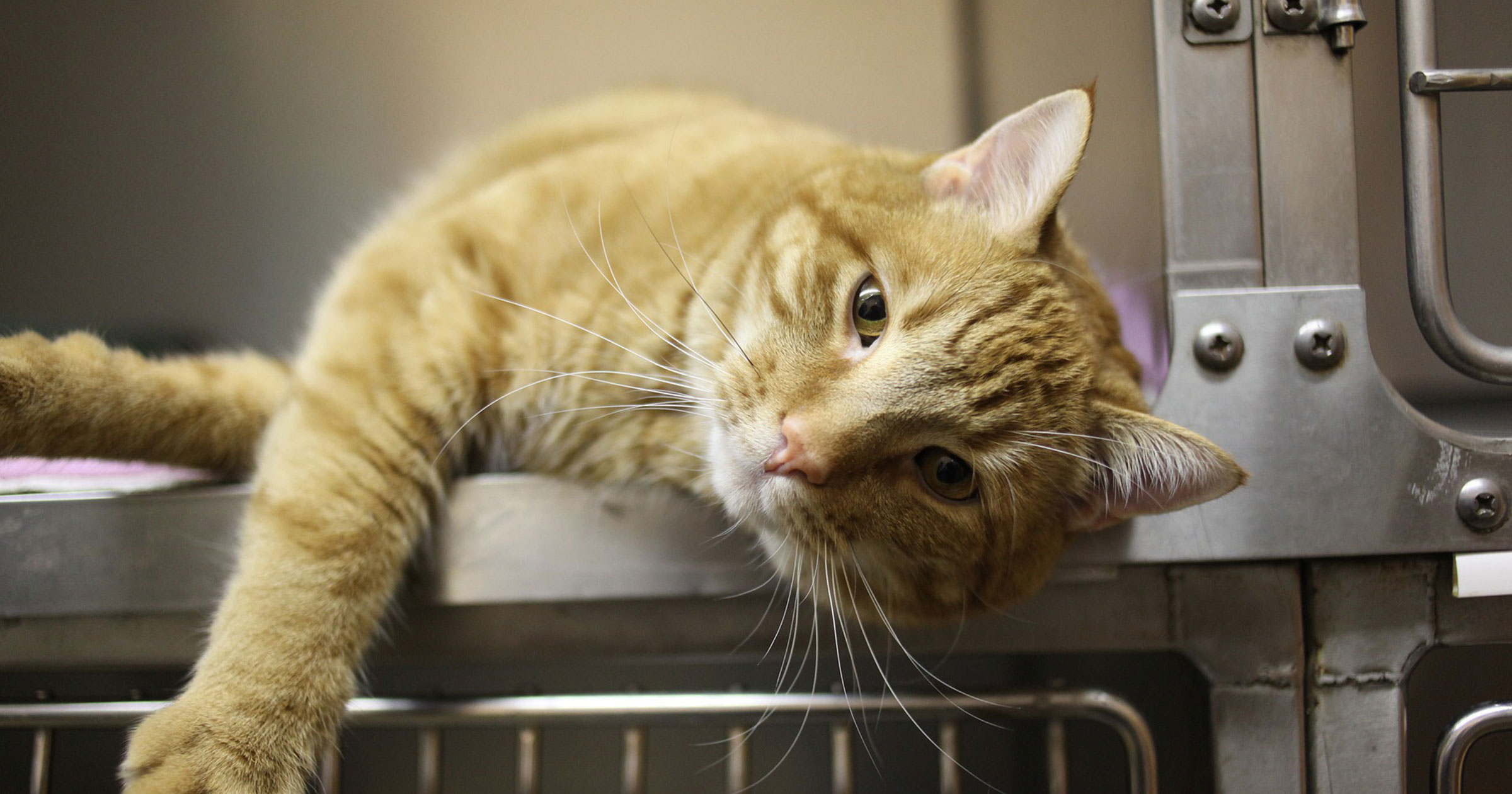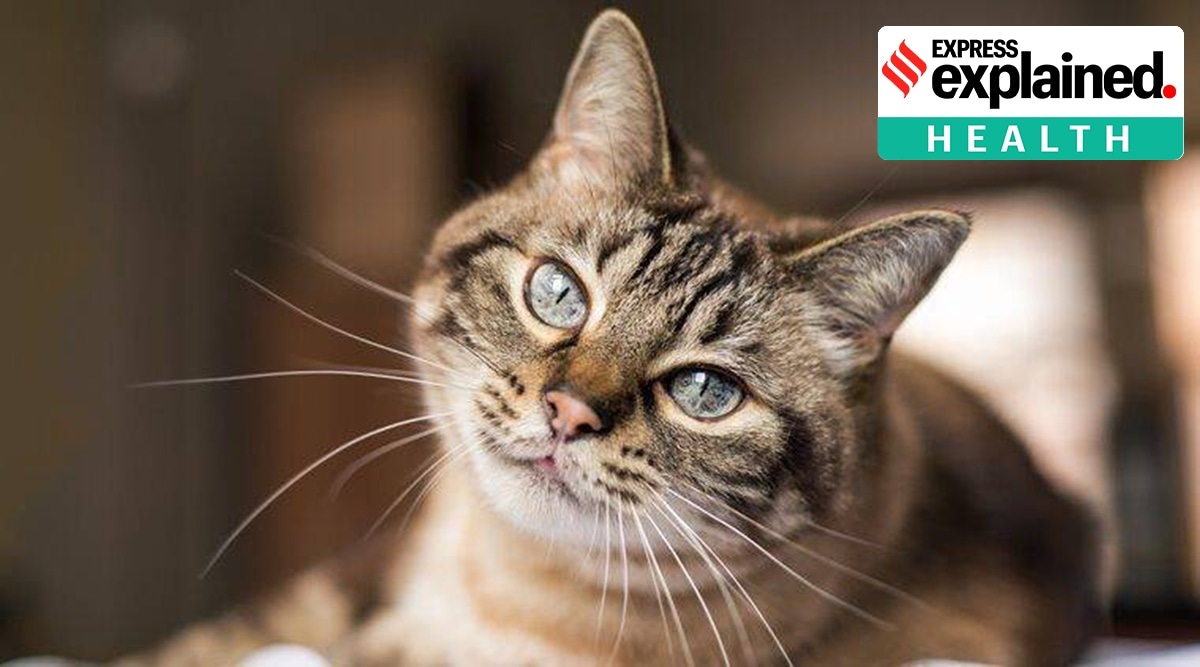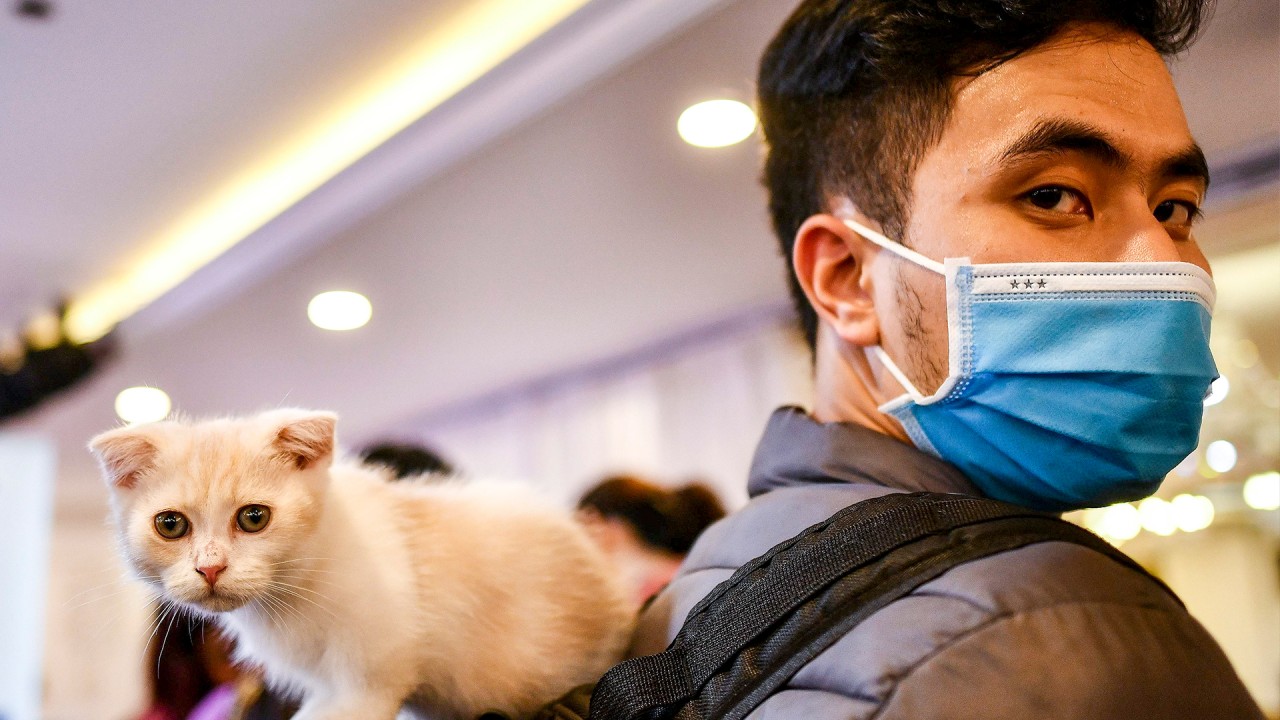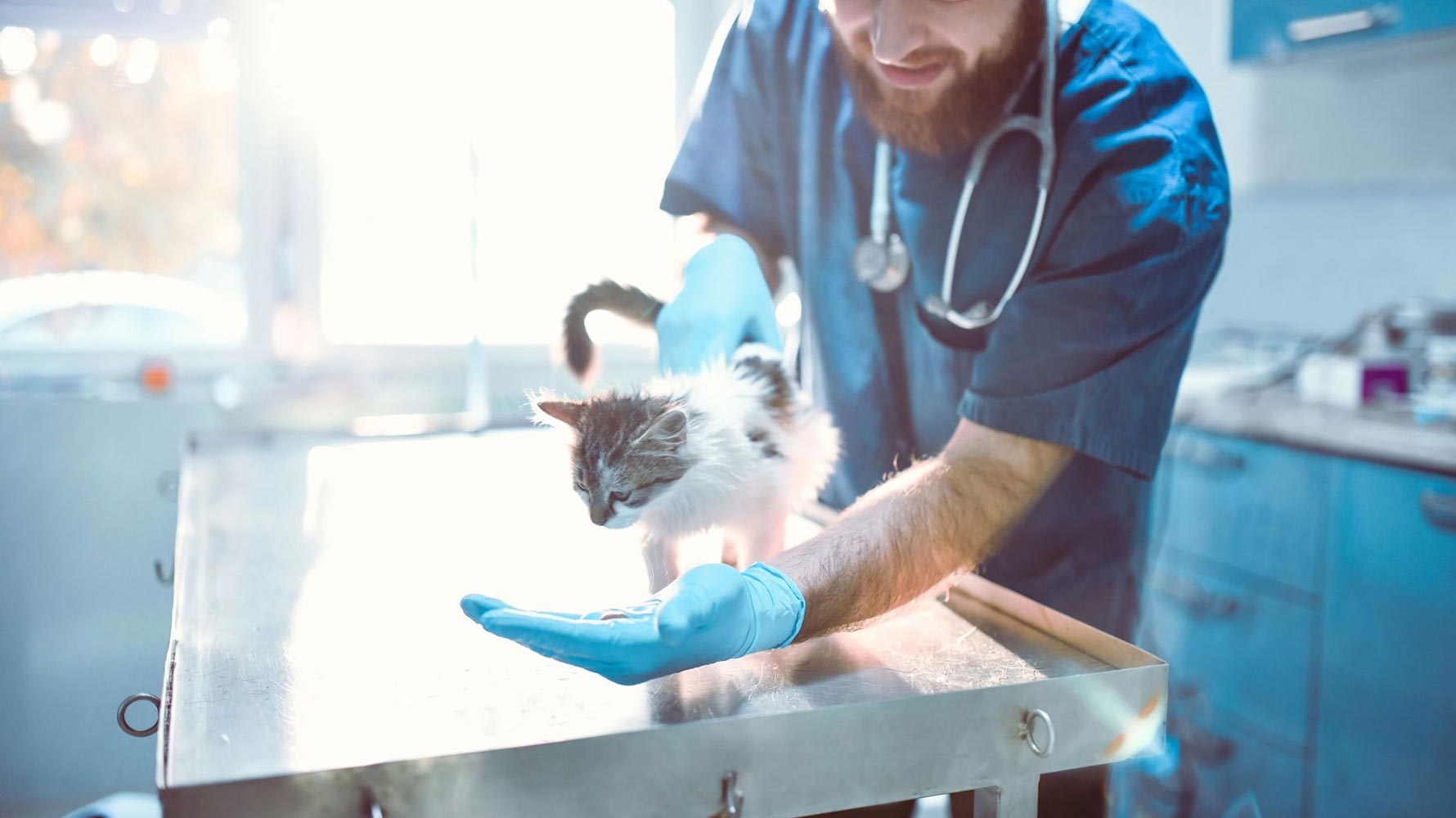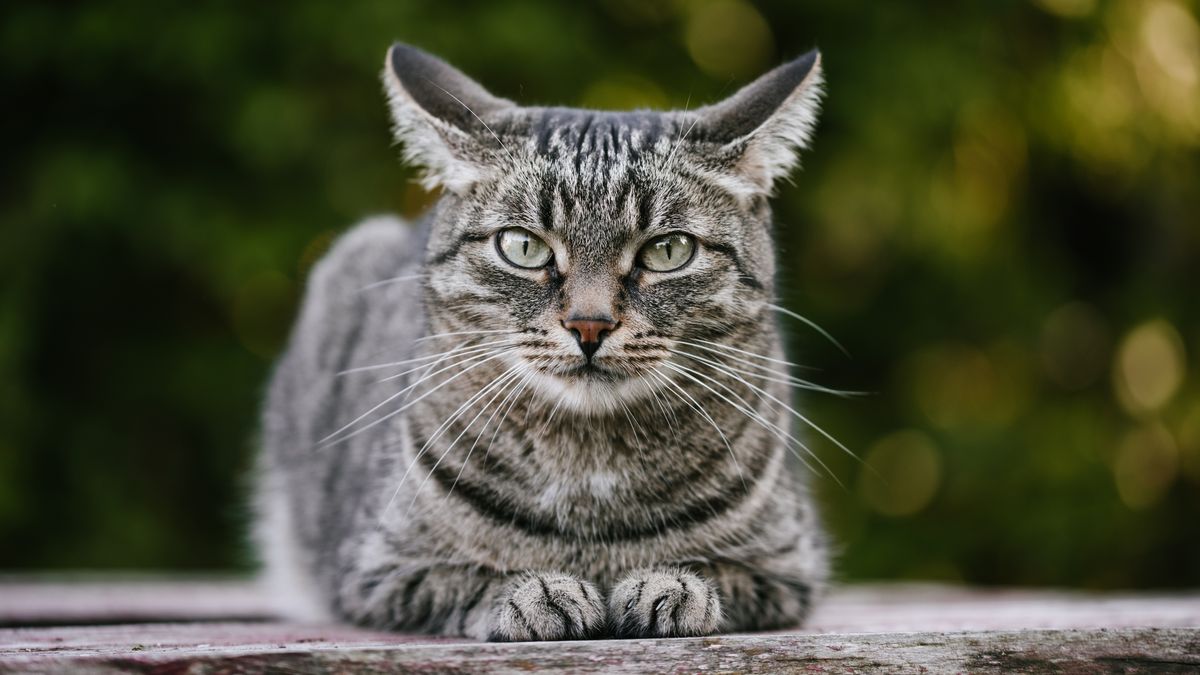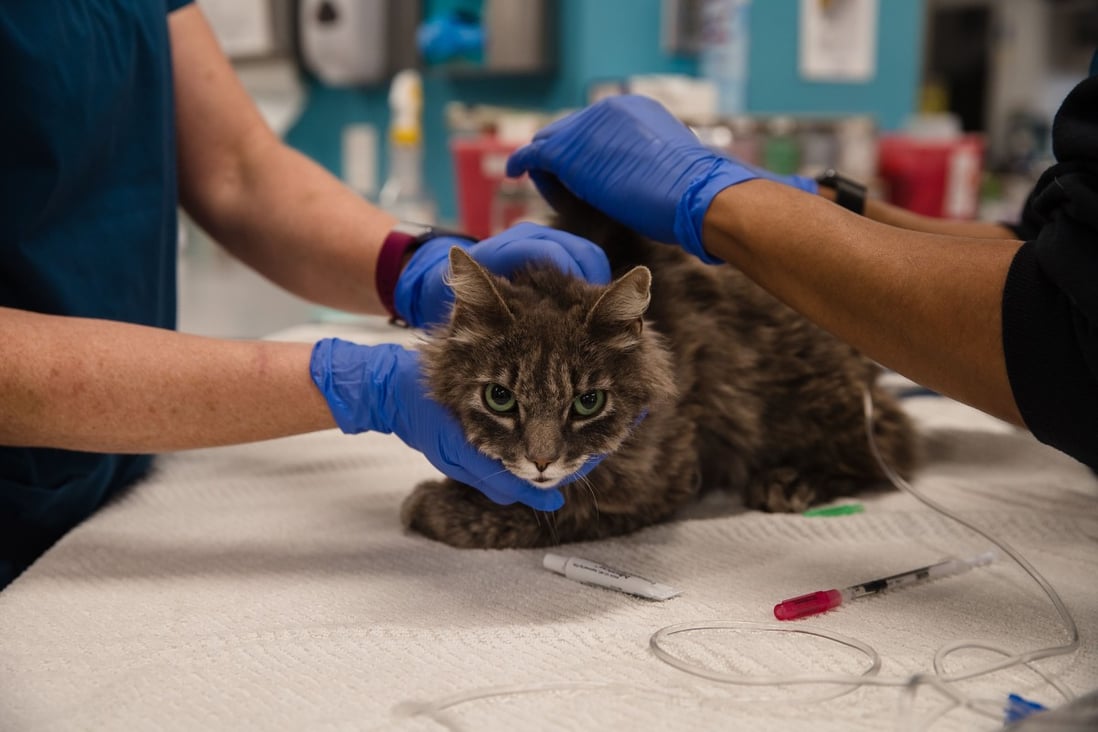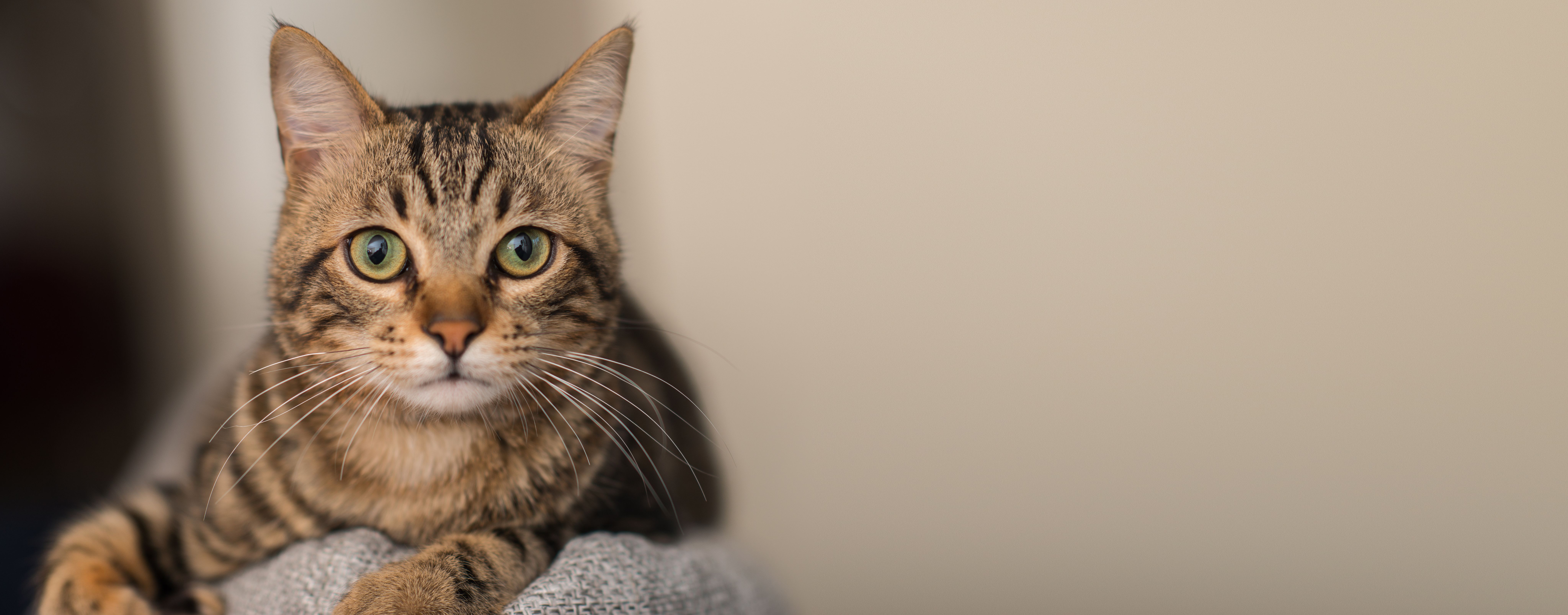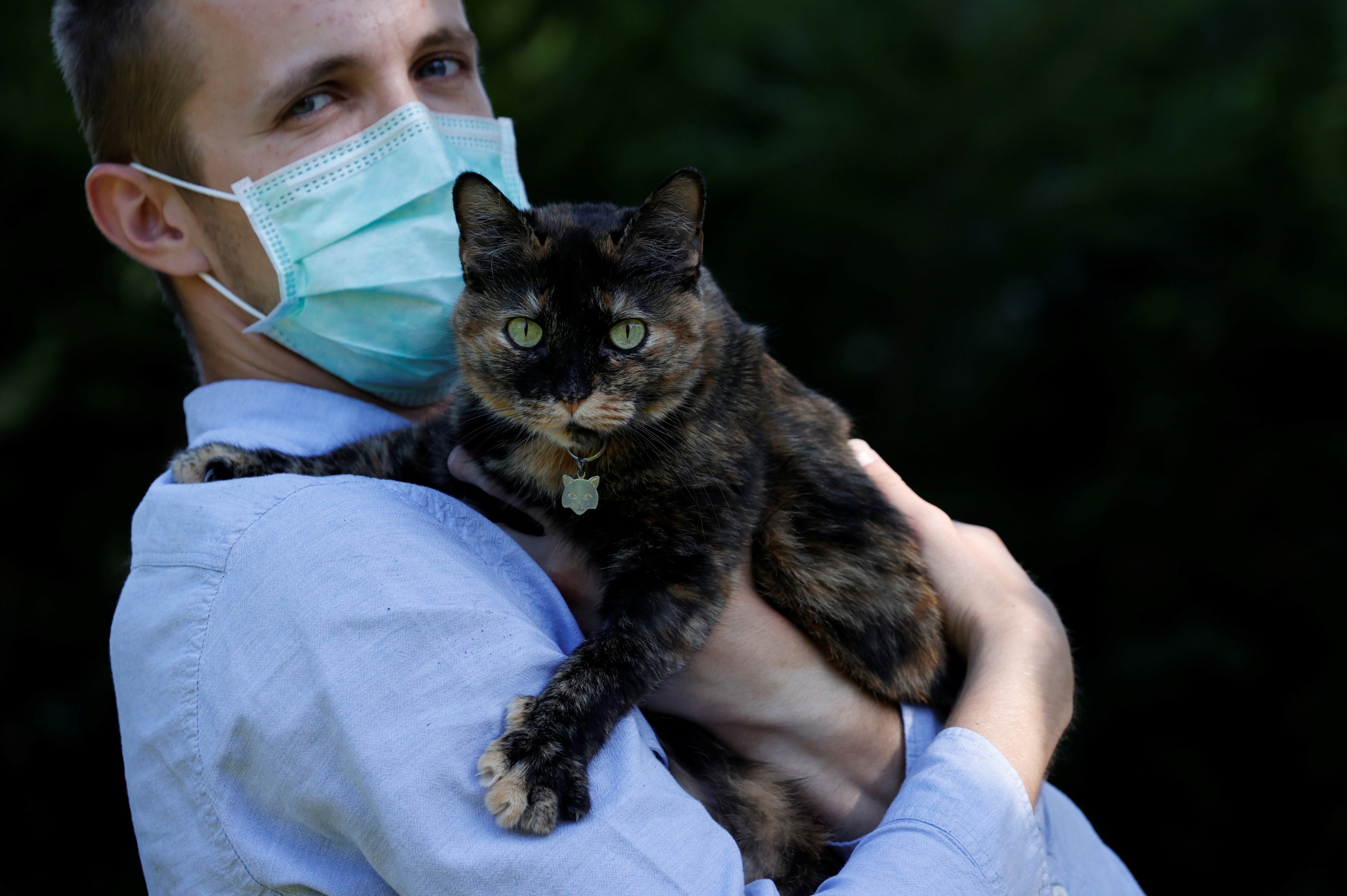Cats And Coronavirus Infection
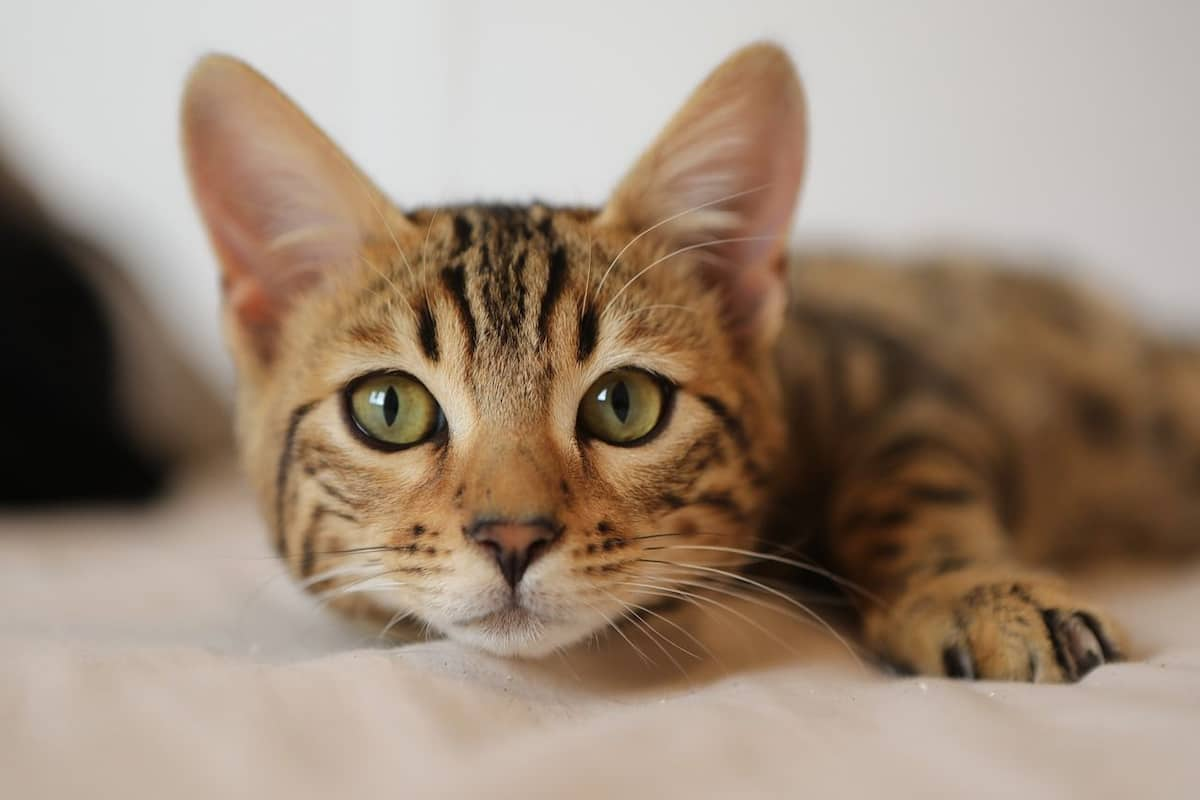
According to the CDC the following signs may indicate that your cat has contracted COVID-19.
Cats and coronavirus infection. Researchers state that it is much more likely that humans are giving the virus to their pets rather than pets causing humans to become sick. The virus is shed in the feces by many seropositive cats. It is more commonly found in multi-cat households and does not affect other animals or people.
FCoV is a common and contagious virus which is passed in the faeces of cats. This happened mostly after the animals were in close contact with. Coronavirus infection is extremely widespread in cats especially where large numbers of cats are kept together.
This virus has been designated feline enteric coronavirus to differentiate it from FIPV. How does a cat catch FCoV. Fifteen of the cats had COVID-19 antibodies in their blood and 11 of those cats had neutralizing antibodies that bind to the coronavirus and block infection.
Ferrets cats and civets most susceptible to coronavirus infection after humans Ducks rats mice pigs and chickens had lower or no susceptibility to infection. Companion animals including pet cats and dogs and one ferret. It generally causes asymptomatic infection but can cause mild diarrhea.
In catteries it is a cause of inapparent to mildly severe. An enteric coronavirus that is antigenically closely related to feline infectious peritonitis virus FIPV is ubiquitous in the cat population. There are no reports of infection.
It is estimated that 2540 of household pet cats have been infected with FCoV but the infection rate increases to 80 100 per cent for cats kept in multi-cat households or colonies. What is Feline Coronavirus or FCoV. As yet poorly understood changes in the virus can give rise to mutants that lead to the development of feline infectious peritonitis FIP.
